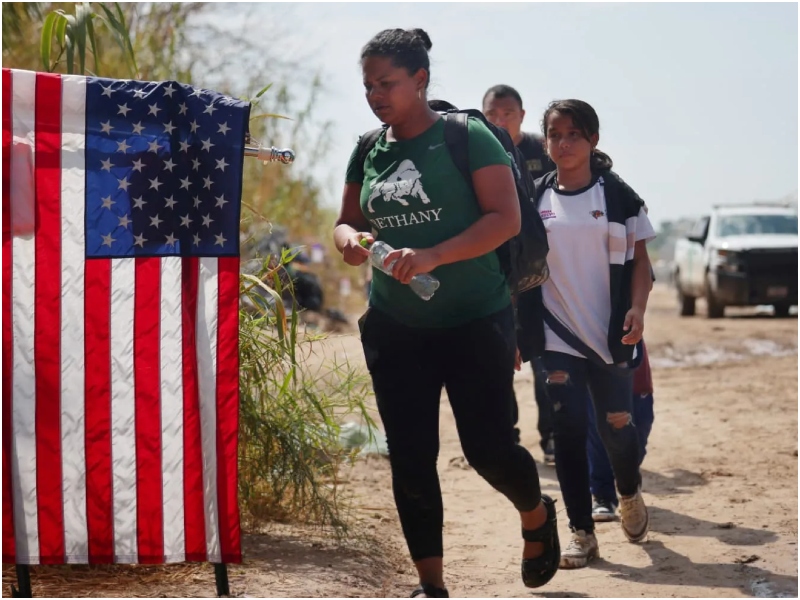A federal judge has ordered the U.S. government to resume a deportation protection program for vulnerable immigrant youth—a major legal setback for the Trump administration and a lifeline for thousands of young people who had been left in limbo.
In a ruling issued Wednesday, November 19, 2025, U.S. District Judge Eric Komitee directed U.S. Citizenship and Immigration Services (USCIS) to restore a 2022 deferred action policy that shields certain immigrant youth from deportation while they wait—often for years—for a visa to become available.
The program was rescinded in June without public notice or explanation, prompting a lawsuit from immigrant advocates in July.
The court’s decision means the protections will remain in place while litigation continues.

Who Is Affected
The youth at the center of the case are recipients of Special Immigrant Juvenile Status (SIJS)—a humanitarian designation for children who have been abused, abandoned, or neglected by a parent and who have been found eligible for relief by both a state court and federal immigration authorities.
Congress created SIJS in 1990 with bipartisan support.
The program does not automatically grant lawful status, but it allows eligible youth to apply for a visa and, ultimately, lawful permanent residence. Because of annual visa caps, many wait years for their priority date to become current.
Under the Biden administration, those stuck in the backlog could apply for deferred action—a form of deportation protection that also allows them to apply for a work permit. USCIS ended that practice in June.
Without deferred action, young people not only face potential deportation—they also lose access to work authorization, making them vulnerable to exploitation and unable to support themselves while they await permanent status.
Government Can’t Just Pull the Rug Out
Attorneys argued the June rollback blindsided young people who had structured their lives, education plans, and employment around the expectation that they would be allowed to remain in the U.S. while waiting for their priority date.
Stephanie Ellie Norton, an attorney with the National Immigration Project representing the plaintiffs, welcomed the ruling:
“The crux of the court’s decision is that the government can’t just pull the rug out from under hundreds of thousands of young people like it did without considering how they built their entire lives around the policy that existed.”
USCIS and the Department of Homeland Security did not immediately respond to requests for comment.
What Happens Now
Under Judge Komitee’s order:
- USCIS must accept applications for deferred action from all eligible SIJS recipients.
- Youth who previously held deferred action protections may renew them.
- USCIS must adjudicate work permit applications for both new applicants and those with reinstated deferred action status.
The judge has not yet ruled on whether the case will receive class-action certification, and litigation will proceed.
For now, advocates say the ruling prevents life-altering harm for SIJS youth—many of whom are still teenagers—and restores a measure of stability after months of uncertainty.
